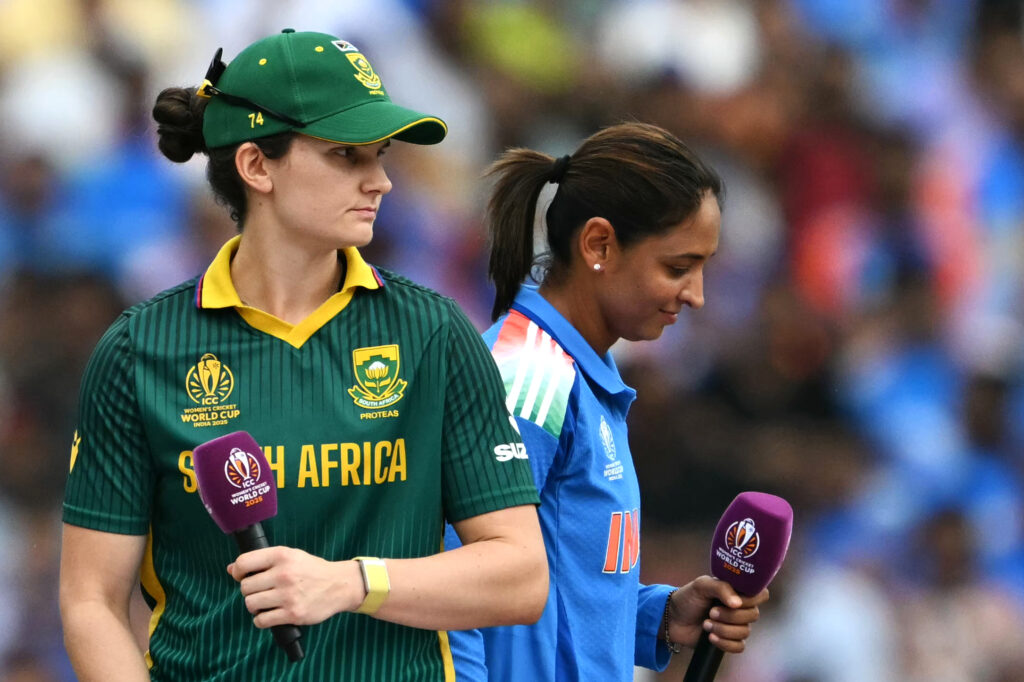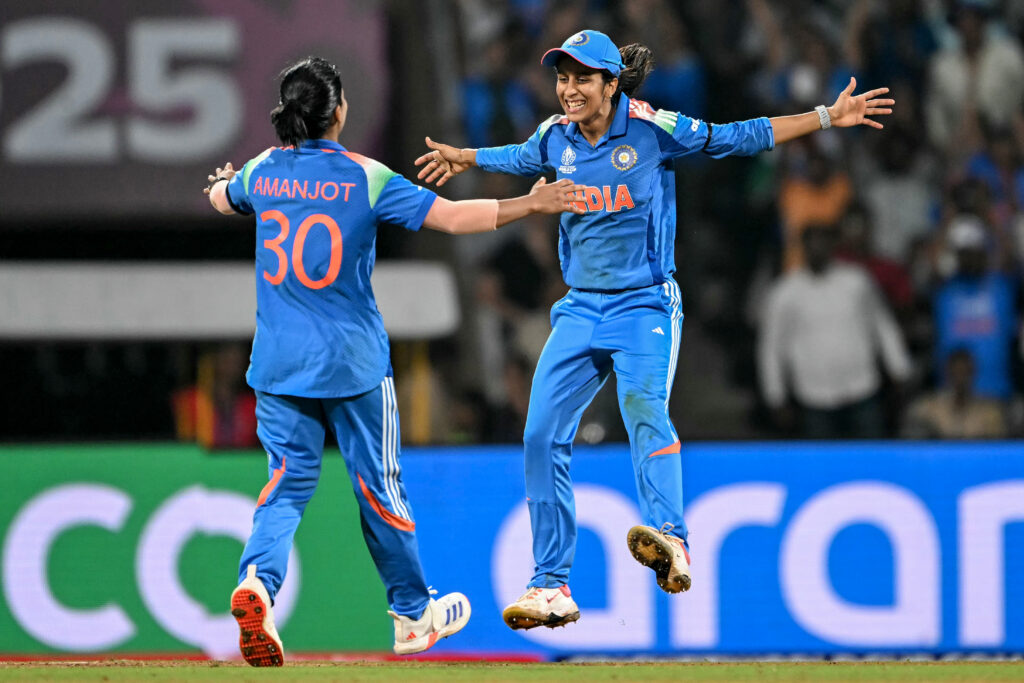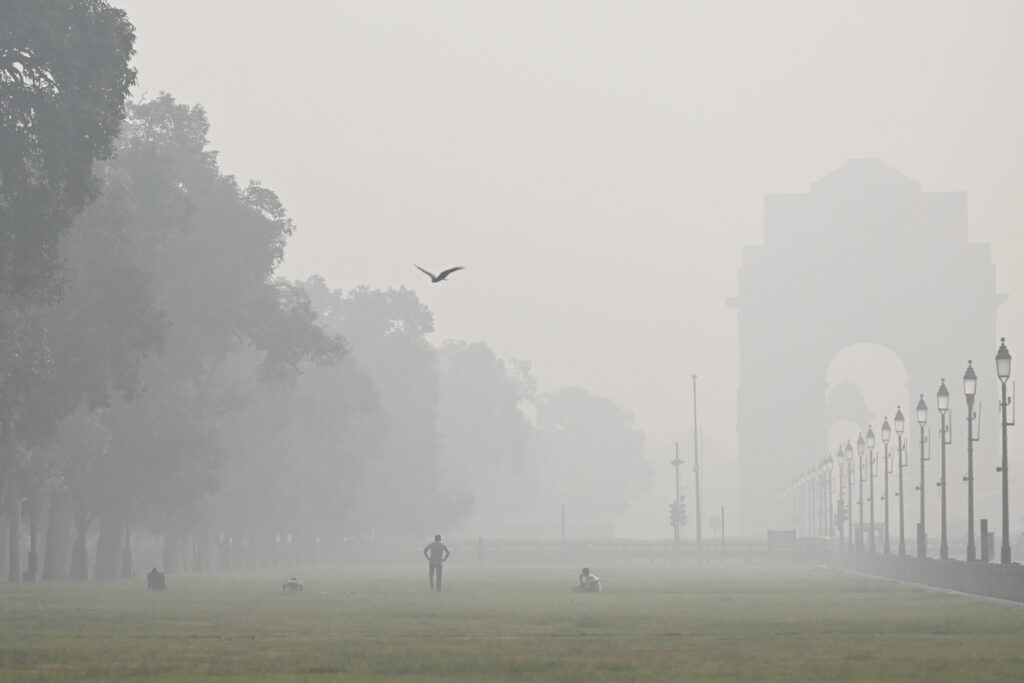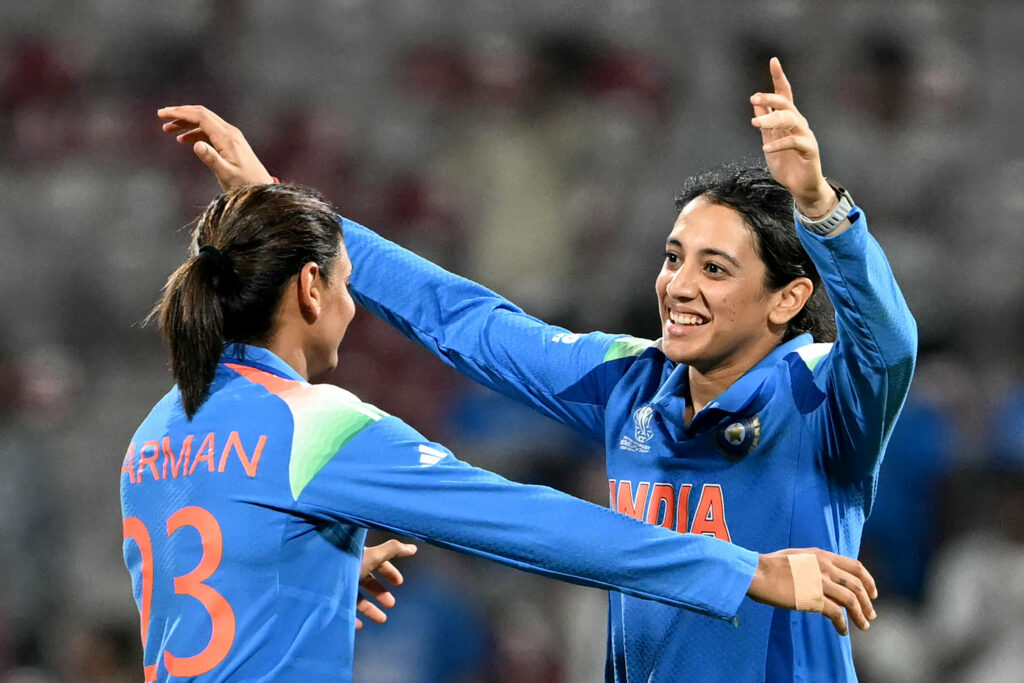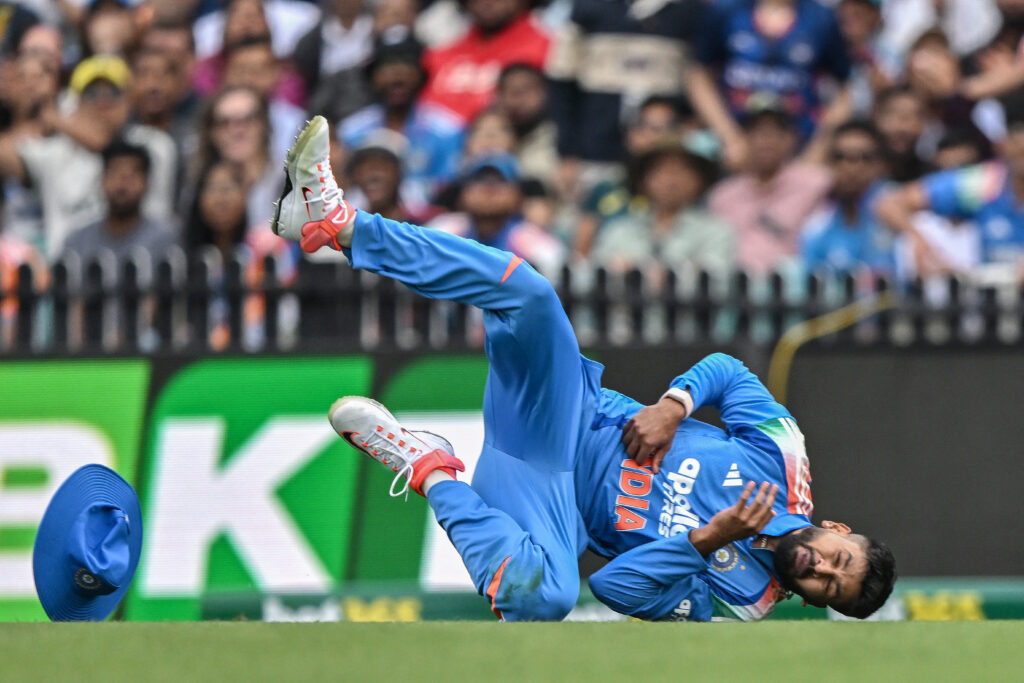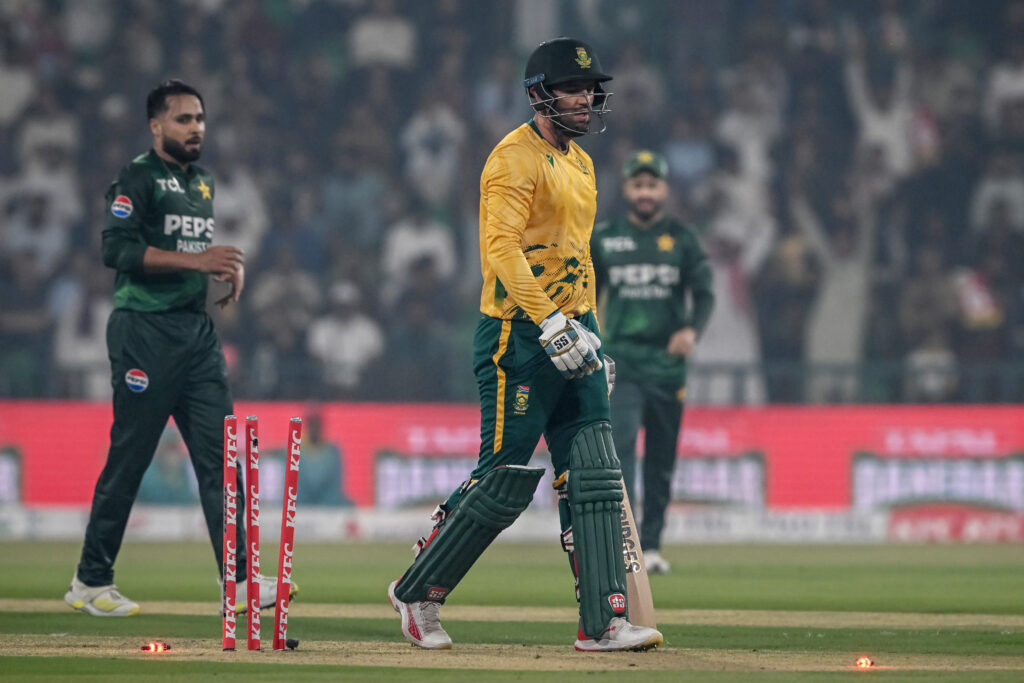India’s efforts to combat air pollution by using cloud seeding in its sprawling capital New Delhi appear to have fallen flat, with scientists and activists questioning the effectiveness of the move.Cloud seeding involves spraying particles such as silver iodide and salt into clouds from aircraft to trigger rain, that can wash pollutants from the air.Delhi authorities, working with the Indian Institute of Technology (IIT) Kanpur, began trials last week using a Cessna aircraft over parts of the city.But officials said the first trials produced very little rainfall because of thin cloud cover.”This will never ever do the job, it’s an illusion,” said Bhavreen Kandhari, an environmental campaigner in Delhi. “Only when we clean up sources of air pollution can we control it.”The government has spent around $364,000 on the trials, according to local media reports.Each winter, thick smog chokes Delhi and its 30 million residents. Cold air traps emissions from farm fires, factories and vehicles.Despite various interventions — such as vehicle restrictions, smog sucking towers, and mist-spraying trucks — the air quality ranks among the worst for a capital in the world.A day after the latest trial, levels of cancer-causing PM2.5 particles hit 323, more than 20 times the daily limits set by the World Health Organization. It will likely worsen further through the season.A study published in The Lancet Planetary Health last year estimated that 3.8 million deaths in India between 2009 and 2019 were linked to air pollution.There are also questions about the long-term impact of the chemicals sprayed themselves.While the US Environmental Protection Agency notes “limited” studies suggest silver iodide does not pose an environmental or health risk, it acknowledges the impact of more widespread use is “not known”.- ‘Research process’ -Environmental activists say even if cloud seeding produces rain, the benefits are short-lived.Climate scientist Daniele Visioni at Cornell University said it was unclear how efficient it was in heavy polluted conditions.”It can’t create rain where there is no moisture in the air, but it just ‘forces’ some of the water to condense in one location rather than another,” he told AFP.”There is only one thing that can sensibly reduce pollution: avoiding the burning of fossil fuels.”Virendra Sachdeva, from Delhi’s ruling Bharatiya Janata Party (BJP), said it was too early to dismiss the cloud seeding experiment as a “scientific failure”.”It is a part of the research process, and success is not always achieved in the first attempt,” he told reporters.However, two atmospheric scientists at IIT Delhi called the cloud seeding plan “another gimmick”.”It is a textbook case of science misapplied and ethics ignored,” Shahzad Gani and Krishna Achutarao wrote in The Hindu newspaper.Mohan George, from the Delhi-based Centre for Science and Environment, said artificial rain was not the answer.”The levels of pollution will come back almost immediately as rain stops,” the scientist told AFP.When it does work, it will increase precipitation in one area — while potentially decreasing it for another.- ‘Costly spectacle’ -Cloud seeding, first developed in the 1940s, has been used in various countries to induce rain, clear fog, and reduce drought, but with mixed results.China used it during the 2008 Beijing Olympics in an attempt to control the weather.Gani and Achutarao said Delhi’s pollution causes — unchecked emissions and seasonal crop burning — are well known.So too are the solutions — cleaner fuel, better waste management and stricter enforcement of rules.”Instead of reinforcing these priorities, parts of the scientific ecosystem — researchers, advisors, and institutions — are lending credibility to a costly spectacle that will do little to address the sources of the crisis,” they said.
